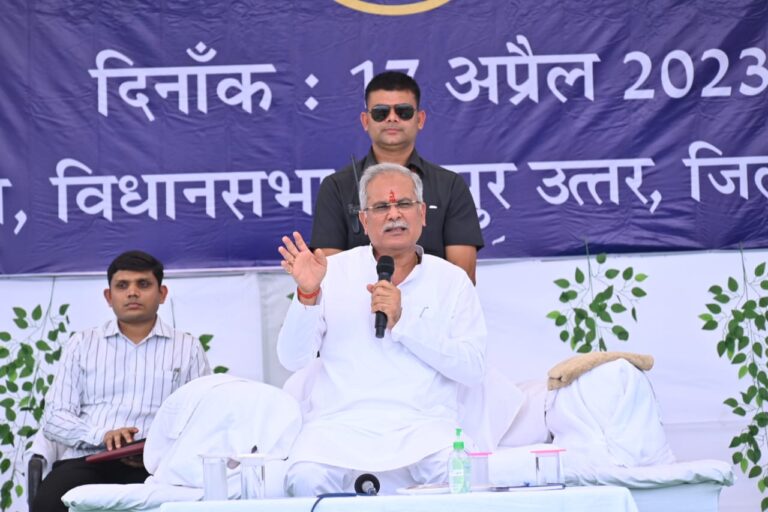In December 2022, Chief Minister Bhupesh Baghel wrote a letter to Prime Minister Narendra Modi requesting the inclusion of an amended provision of reservation in the Ninth List of the Constitution. The letter urged the provision to be included for various sections of the state, including Scheduled Castes, Scheduled Tribes, Other Backward Classes, and E.W.S.
The Reservation (Amendment) Bill passed by the Chhattisgarh Legislative Assembly in December 2022 provides for 13 percent reservation for Scheduled Castes, 32 percent for Scheduled Tribes, 27 percent for Other Backward Classes, and 4 percent for E.W.S. The Chief Minister has emphasized the need for the amended provision of reservation to be included in the Ninth List of the Constitution to ensure justice for deprived and backward classes in the state.
Chhattisgarh has a large population of Scheduled Tribes (32%), Scheduled Castes (13%), and other backward classes (42%). Moreover, 44% of the state is covered by forests and inaccessible hilly areas, making it difficult to conduct economic activities in non-plain areas. The Reserve Bank of India’s 2012 report indicates that Chhattisgarh has the highest number of poor people in the country (about 40%). OBC people face socio-economic and educational challenges similar to those faced by SC/ST people, with most of them being farmers, marginal and small farmers, and agricultural laborers.
The letter explains that in 2013, the state provisioned 12, 32, and 14 percent reservation for members of Scheduled Castes, Tribes, and Other Backward Classes, respectively. However, the provision was canceled by the Chhattisgarh High Court in 2022. In December 2022, the State Legislative Assembly passed a bill that decided to revise the percentage of reservation for SCs, STs, OBCs, and E.W.S. to 13, 32, 27, and 4 percent, respectively. The bill is currently awaiting the Governor’s approval.
The letter also notes that the Constitutional Bench of the Supreme Court legalized the decision to give 10 percent reservation to people belonging to the backward class in November 2022, paving the way to increase the limit of reservation from 50 percent. In the last month, Jharkhand and Karnataka Legislative Assemblies have passed proposals to increase the percentage of reservation for various classes to more than 50.
Despite the per capita income being much higher in Tamil Nadu than in Chhattisgarh, the reservation for tribes and backward classes in Tamil Nadu and several northeastern states exceeds the 50 percent limit. Considering Chhattisgarh’s special circumstances, the Chief Minister has requested that the amended provision of reservation be included in the Ninth Schedule of the Constitution to ensure justice for deprived and backward classes. The Chief Minister has requested that all concerned be directed accordingly.



